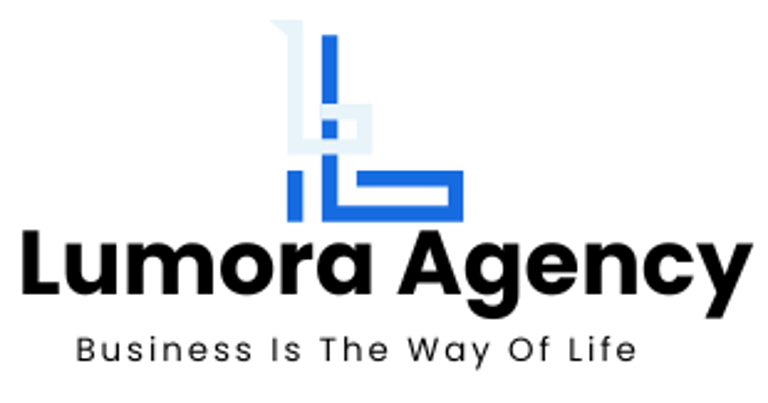Mastering On-Page SEO: A Comprehensive Guide to Enhance Your Website’s Ranking
Step-by-step tips to optimize your website’s content and structure.
9/1/20252 min read


Understanding On-Page SEO
On-page SEO refers to the techniques used to optimize individual web pages to rank higher and earn more relevant traffic in search engines. By focusing on both the content and HTML source code of a page, on-page SEO practices can significantly improve your website's visibility and ranking.
Key Elements of On-Page SEO
To effectively improve your website's ranking through on-page SEO, several key elements need to be considered. Firstly, ensure that your content is of high quality and relevant to your target audience. Well-researched, original, and engaging content is more likely to retain visitors, thus reducing bounce rates and signaling to search engines that your page offers value.
Secondly, proper keyword placement is crucial. Identify primary and secondary keywords relevant to your content and use them naturally throughout your text. This includes incorporating them in your headings, meta tags, and URL structure where appropriate. However, avoid keyword stuffing—search engines penalize websites that overuse keywords.
Another vital component of on-page SEO is the optimization of page titles and headings. Ensure that your title contains your main keyword, clearly indicating the topic of the page. Use H1 tags for main titles, and employ H2 and H3 tags for subheadings to create a structured hierarchy of information.
Technical SEO Aspects
Alongside content optimization, technical SEO plays a significant role in your on-page strategy. Make sure your website is mobile-friendly and has a responsive design, as this is an important ranking factor for search engines. Furthermore, improve loading speed; faster pages lead to better user experience and lower bounce rates.
Additionally, utilize internal links effectively to guide users through your website and improve indexation by search engines. Internal linking can help distribute page authority throughout your site, enhancing overall visibility.
Lastly, ensure that your images are optimized for SEO. This involves compressing images to reduce load time and providing descriptive alt texts that allow search engines to understand the context of the images.
Monitoring SEO Progress
Once you've implemented your on-page SEO strategies, it’s critical to monitor your website’s ranking and overall performance. Use tools like Google Analytics and Google Search Console to track your site's traffic, user engagement, and keyword performance. Regularly reviewing these metrics allows you to identify areas that need further optimization.
In conclusion, improving your website’s ranking with on-page SEO requires a strategic approach that considers content quality, keyword usage, technical SEO factors, and ongoing analysis. By following these guidelines, you can enhance your website’s visibility in search results and ultimately drive more organic traffic.
SEO
Boost your online visibility with Lumora Agency.
Growth
Contact
info@lumoragency.site
+1 766)-201 6325
© 2025. All rights reserved.
8417 Oxford Woods Ct, Louisville, KY 40222, USA
